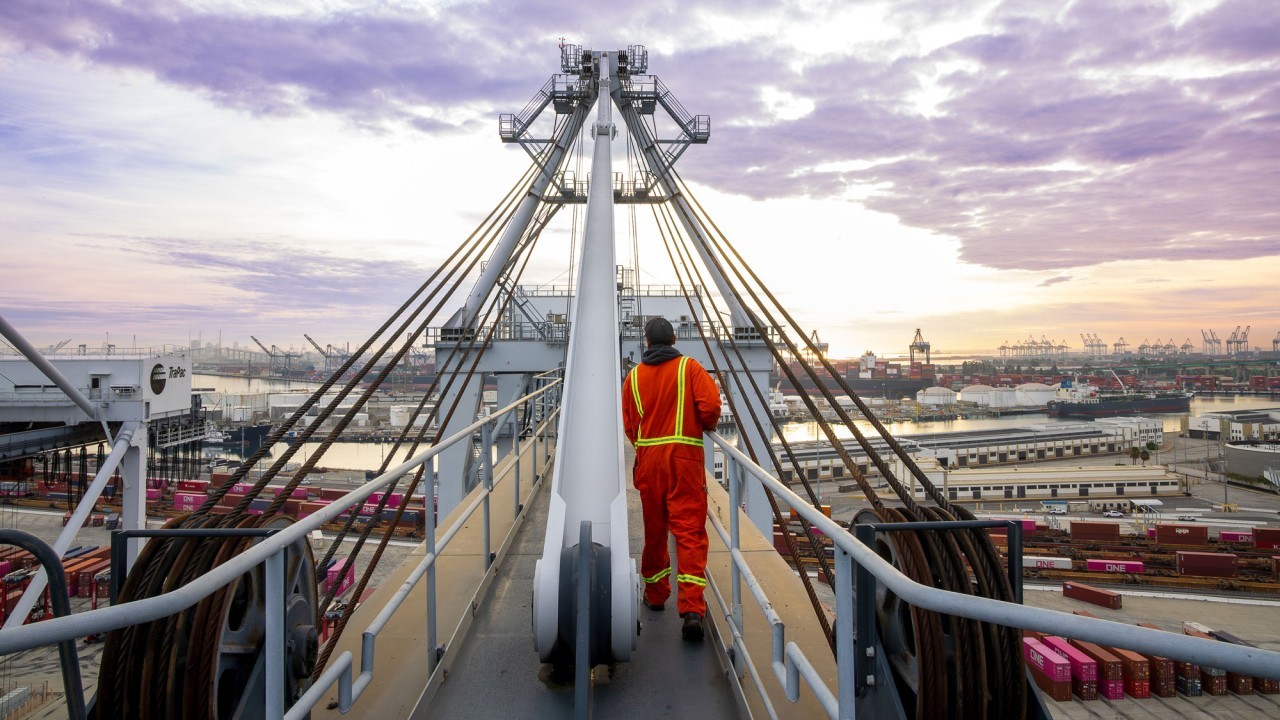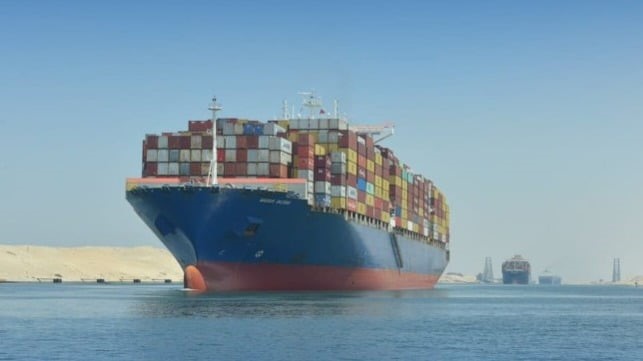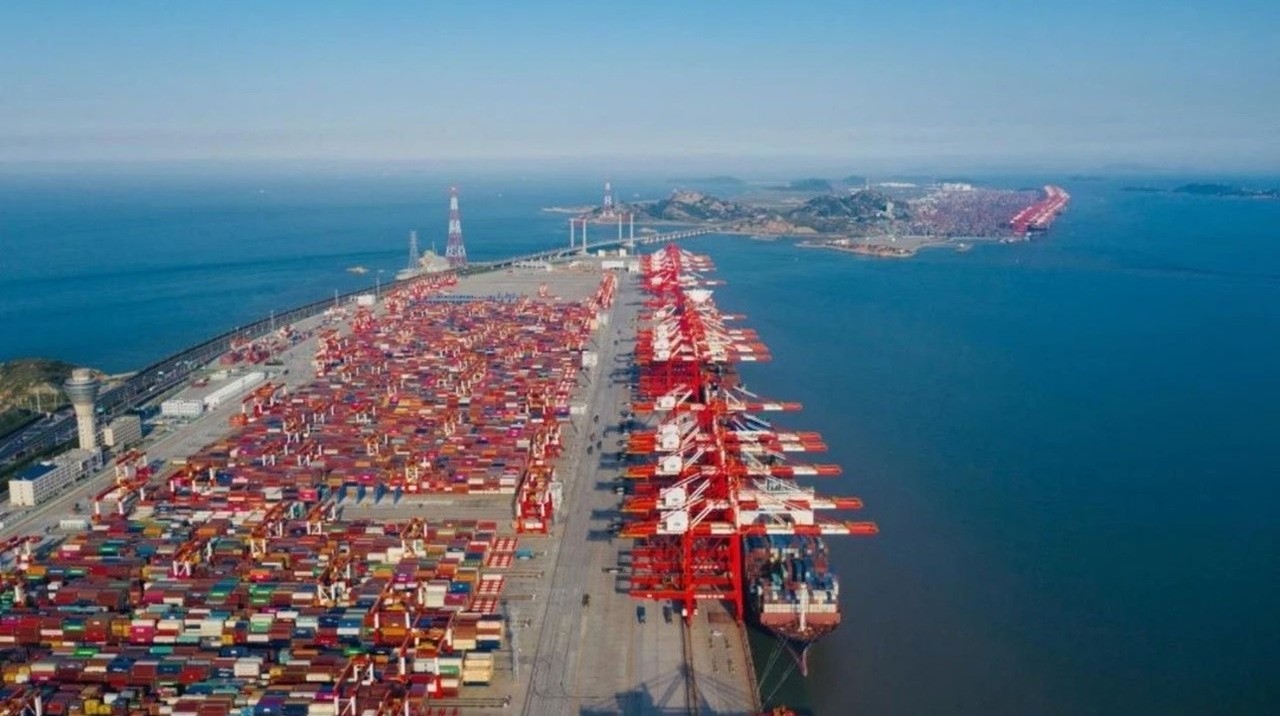
Shipping Organisations Critical Of USTR Fees
U.S. Port Fees on Chinese-Built Ships Face Industry Backlash
The maritime industry is voicing strong opposition to a new fee structure announced by the United States Trade Representative (USTR), which imposes a $50 per net tonne charge on vessels built in China or operated by Chinese companies that call at U.S. ports. While the revised policy includes a six-month grace period before enforcement, industry leaders warn of far-reaching consequences for global trade and U.S. supply chains.
Shipping consultancy Linerlytica noted that the updated policy is a significant softening from earlier proposals. The original version, seen as more disruptive, has been scaled back to allow operators time to adjust fleet deployments and avoid major operational issues. The consultancy said the revised structure—based on a per-voyage fee rather than per-port-call—reduces the likelihood of immediate capacity constraints.
Carriers are expected to use the 180-day window to swap out Chinese-built vessels from U.S. routes in favor of ships that are exempt from the fee. Chinese shipping companies like COSCO could potentially sidestep the new charges by reallocating capacity within alliances, using partners’ non-Chinese ships for U.S.-bound voyages.
Linerlytica’s analysis suggests that most major carriers have enough exempt vessels available to manage the transition smoothly. Ships under 4,000 TEU or 55,000 deadweight tons, as well as those operating within 2,000 nautical miles of the U.S., will remain exempt, offering protection for regional operators serving South America and the Caribbean.
Emily Stausbøll, a senior analyst at Xeneta, emphasized that although the revised approach is more moderate, the cost burden on Chinese carriers—and those operating Chinese-built ships—could still be substantial, particularly for vessels with higher capacity.
This concern is echoed by the World Shipping Council (WSC), which argues the policy could undermine U.S. economic interests. By calculating fees based on net tonnage, the USTR risks penalizing larger, more efficient vessels—ultimately increasing costs for U.S. businesses that rely on imports for production.
“Nearly half of all liner imports into the U.S. are inputs for domestic manufacturing,” said the WSC in a statement. “Raising costs at this point in the supply chain will ripple throughout the economy, elevating prices for American businesses and consumers alike.”
WSC President and CEO Joe Kramek called the new fee structure a “step in the wrong direction,” warning that it would do little to revitalize the U.S. maritime sector while simultaneously weakening trade and raising consumer prices. He criticized the policy as a “backward-looking penalty” that introduces volatility and discourages long-term investment in U.S. infrastructure.
Ports that have invested heavily in infrastructure to accommodate large container ships are also likely to suffer from the fallout, according to the WSC. Additionally, the council condemned the surprise introduction of fees on global car carriers, describing the move as “arbitrary” and likely to inflate car prices in the U.S.
The WSC also raised legal concerns, suggesting the USTR may have exceeded its authority under current U.S. trade laws. It urged the administration to reconsider the plan and instead pursue policies that would truly support American maritime development.
The council proposed alternative strategies such as targeted investment incentives, infrastructure upgrades, and regulatory reform to strengthen the U.S. maritime industry without increasing costs or causing disruption to global trade networks.


